Digital Health Modernization
Hear from Congress and federal agency officials about the policy response to the COVID-19 pandemic, the technological implementations and digital services that have helped support the country this year, and additional input on future health innovations.
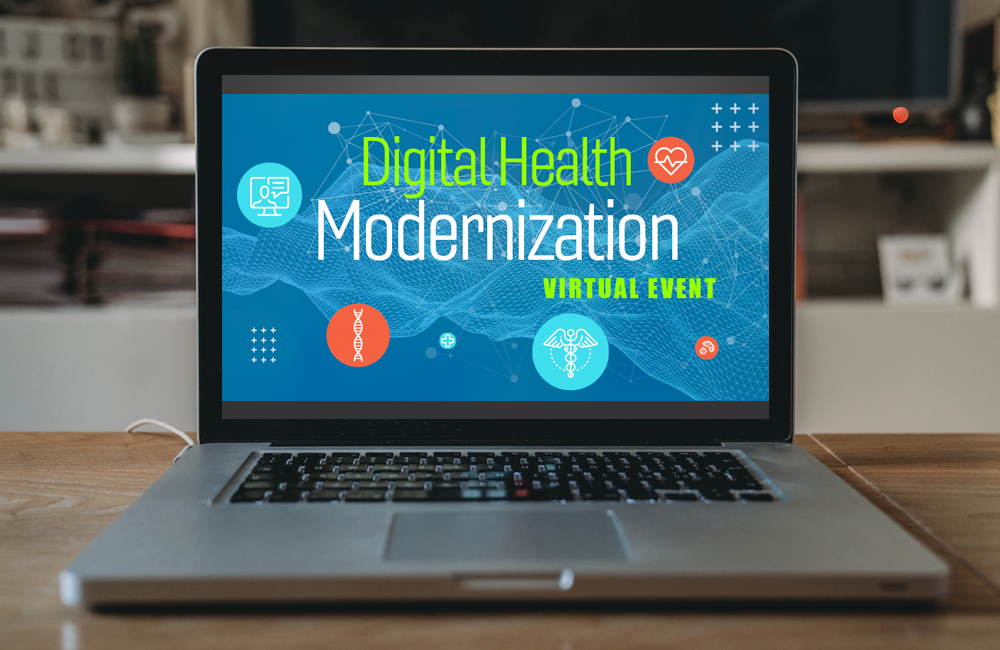
Speakers / Panelists
-
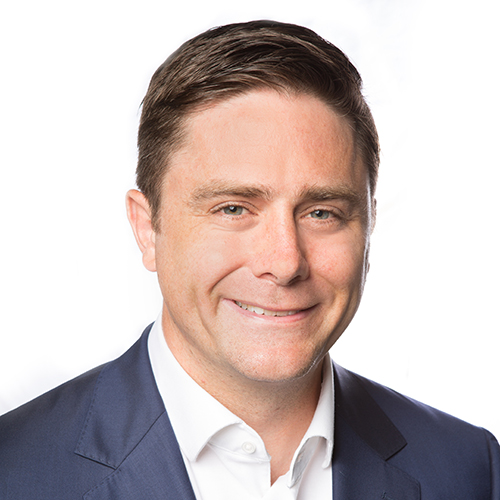 Michael Hoffman President, GovCIO Media & Research
Michael Hoffman President, GovCIO Media & Research
Speakers / Panelists
-
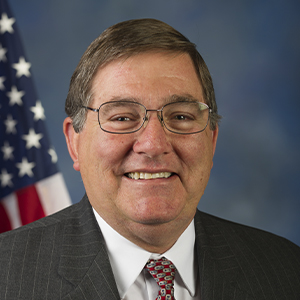 Rep. Michael Burgess Ranking Member House Energy and Commerce Subcommittee on Health
Rep. Michael Burgess Ranking Member House Energy and Commerce Subcommittee on Health -
 Moderator Erin Mirsky Senior Vice President, GovCIO
Moderator Erin Mirsky Senior Vice President, GovCIO
Data is extremely valuable for making well-informed decisions, but sharing data across government and with the public is challenging due to complex silos. How are agencies looking to improve the speed and efficiency of health data collection and management for timely public health responses, while also promoting public trust, patient privacy, and secure access to that data?
Speakers / Panelists
-
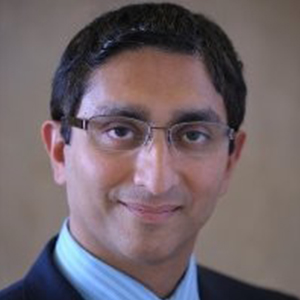 Ivor D'Souza CIO, National Library of Medicine, NIH
Ivor D'Souza CIO, National Library of Medicine, NIH -
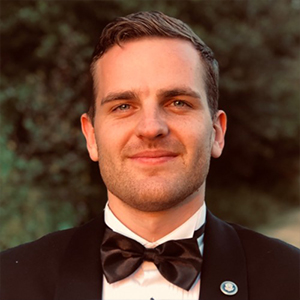 Kevin Duvall Acting Deputy CDO, HHS
Kevin Duvall Acting Deputy CDO, HHS -
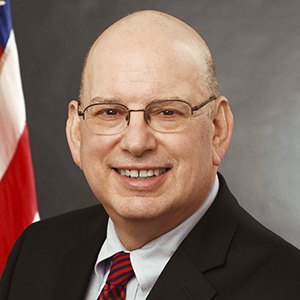 Dr. Andrew Gettinger Chief Clinical Officer, ONC, HHS
Dr. Andrew Gettinger Chief Clinical Officer, ONC, HHS -
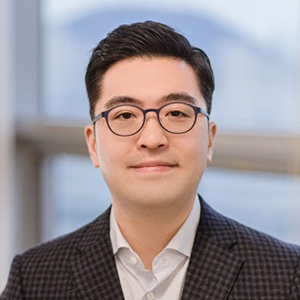 Moderator Jason Chong Director, Data Strategy & Analytics, GovCIO
Moderator Jason Chong Director, Data Strategy & Analytics, GovCIO
COVID-19 has created a lot of stress for people, exacerbating symptoms for individuals with previously diagnosed health conditions, but has also amplified worry, anxiety and loneliness for those without prior histories of mental illness. Remote counseling services and expanded telehealth reimbursement policies, however, have proven vital for the health, safety and wellbeing of many during this time. In this panel, you’ll hear from federal health officials on how they’re addressing mental health issues, including substance abuse and suicide prevention, and how technology can help improve access and quality of care.
Speakers / Panelists
-
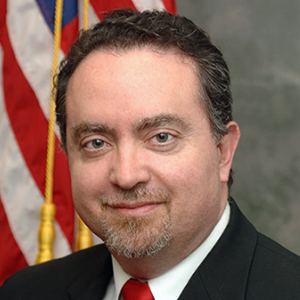 Paolo del Vecchio Director of the Office of Management, Technology, and Operations (OMTO), SAMHSA
Paolo del Vecchio Director of the Office of Management, Technology, and Operations (OMTO), SAMHSA -
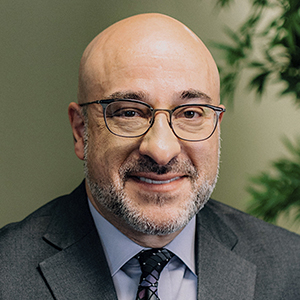 Dr. Simon Pincus Chief, Connected Health Branch, DHA
Dr. Simon Pincus Chief, Connected Health Branch, DHA -
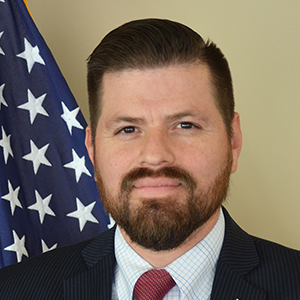 Jose Ramos Vice President of Government and Community Relations, Wounded Warrior Project
Jose Ramos Vice President of Government and Community Relations, Wounded Warrior Project -
 Moderator Orjiugo Hourihan Vice President, GovCIO
Moderator Orjiugo Hourihan Vice President, GovCIO
The need for investments in modern infrastructure for timely public health responses has never been more apparent than today. Hear from federal health officials on how agencies are working with agility to upgrade their systems and process to better serve the public.
Speakers / Panelists
-
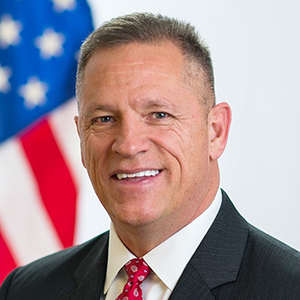 Col. Bobby Saxon Deputy CIO, CMS
Col. Bobby Saxon Deputy CIO, CMS -
 Jessica Weeden Designer and Project Lead for Medicare Payment System Modernization, USDS
Jessica Weeden Designer and Project Lead for Medicare Payment System Modernization, USDS -
 Moderator Andrew Underhill Chief Technology Officer, GovCIO
Moderator Andrew Underhill Chief Technology Officer, GovCIO
Speakers / Panelists
-
 Rep. Michael Burgess Ranking Member, , House Energy and Commerce Subcommittee on Health
Rep. Michael Burgess Ranking Member, , House Energy and Commerce Subcommittee on Health -
 Jason Chong Director, Data Strategy & Analytics,, GovCIO
Jason Chong Director, Data Strategy & Analytics,, GovCIO -
 Paolo del Vecchio Director, Office of Management, Technology, and Operations (OMTO),, SAMHSA
Paolo del Vecchio Director, Office of Management, Technology, and Operations (OMTO),, SAMHSA -
 Ivor D'Souza Director of Information Systems and CIO, National Library of Medicine,, NIH
Ivor D'Souza Director of Information Systems and CIO, National Library of Medicine,, NIH -
 Kevin Duvall Acting Deputy Chief Data Officer,, HHS
Kevin Duvall Acting Deputy Chief Data Officer,, HHS -
 Dr. Andrew Gettinger Chief Clinical Officer, ONC,, HHS
Dr. Andrew Gettinger Chief Clinical Officer, ONC,, HHS -
 Michael Hoffman President,, GovCIO Media & Research
Michael Hoffman President,, GovCIO Media & Research -
 Orjiugo Hourihan Vice President,, GovCIO
Orjiugo Hourihan Vice President,, GovCIO -
 Erin Mirsky Senior Vice President,, GovCIO
Erin Mirsky Senior Vice President,, GovCIO -
 Dr. Simon Pincus Chief, Connected Health Branch,, DHA
Dr. Simon Pincus Chief, Connected Health Branch,, DHA -
 Jose Ramos Vice President, Government and Community Relations, , Wounded Warrior Project
Jose Ramos Vice President, Government and Community Relations, , Wounded Warrior Project -
 Col. Bobby Saxon Deputy CIO, , CMS
Col. Bobby Saxon Deputy CIO, , CMS -
 Andrew Underhill Chief Technology Officer, , GovCIO
Andrew Underhill Chief Technology Officer, , GovCIO -
 Jessica Weeden Designer and Project Lead, Medicare Payment System Modernization,, USDS
Jessica Weeden Designer and Project Lead, Medicare Payment System Modernization,, USDS


